Dr Emma Ransome; PI
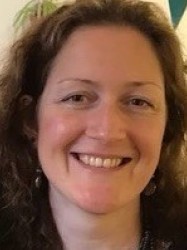
Emma is an Associate Professor at Imperial College London, based in the Department of Life Sciences at Silwood Park. She completed her PhD on the effects of global change on coral-microbe associations at Plymouth Marine Laboratory (and the University of Plymouth), UK, in 2013. Emma then moved to the Smithsonian National Museum of Natural History in Washington DC, USA for her first postdoctoral position, where she worked on the biodiversity and biogeography of cryptic reef communities across the Pacific. In 2016 she returned to the UK to take a postdoctoral position at Imperial College London investigating the effects of global warming on freshwater microbes. This led to a Researcher Co-Investigator role on the NERC grant “A novel framework for predicting emerging chemical stressor impacts in complex ecosystems”, in 2019. Emma started her lectureship at Imperial College London in January 2020.
Dr Balig Panossian; Postdoc
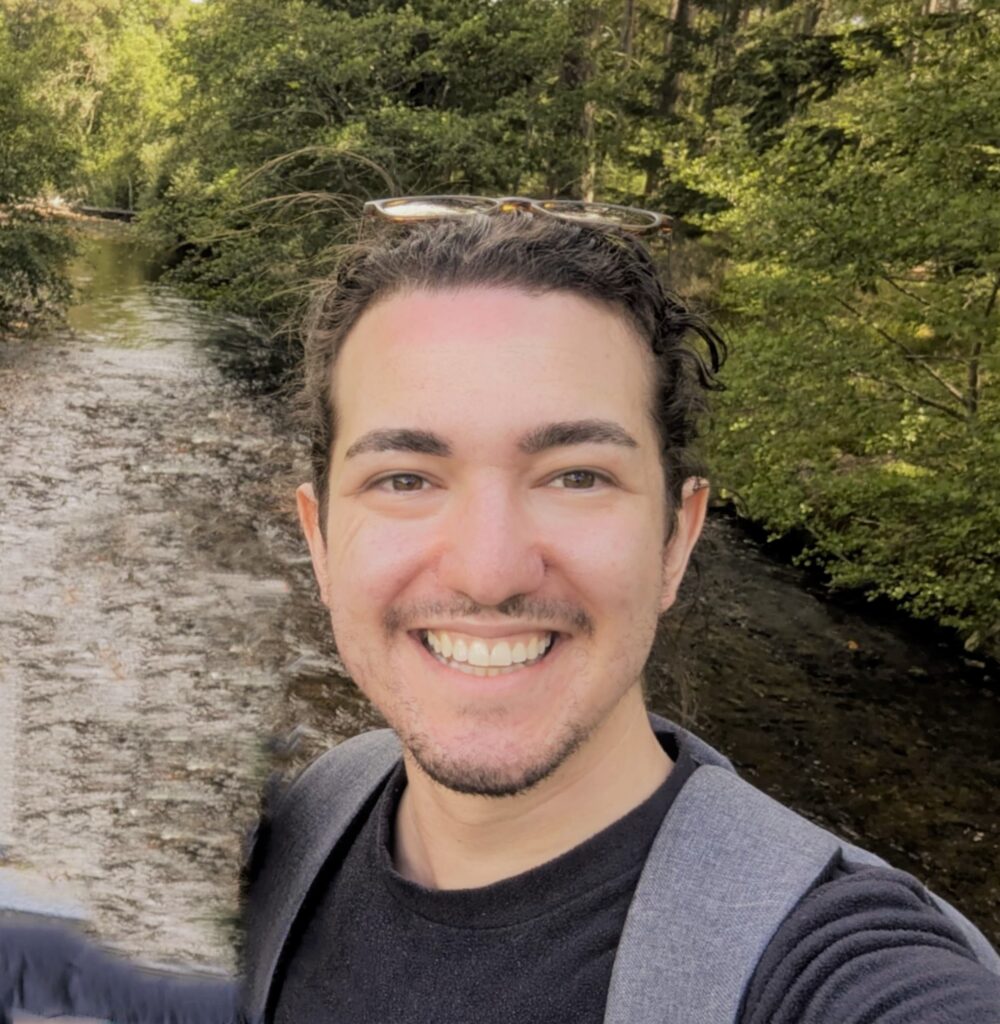
Balig is researching the role of viruses in shaping the interactions between the soil microbiome and plant pathogenic fungi. He is trained as a molecular microbiologist who transitioned to computational biology during his MSc in microbial genomics. He then did his PhD in evolutionary genomics of animal-microbe interactions at Queen Mary University of London. His previous experience in microbial metagenomics ranges from hospital-acquired human pathogens, endosymbionts of deep-sea annelids, and defensive symbionts of aphids. His focus is now to optimise and implement analysis pipelines for the large-scale metagenome sequencing data from soil samples as part of the Green Microbiome project funded by the UREN foundation.
Charlotte David; PhD student
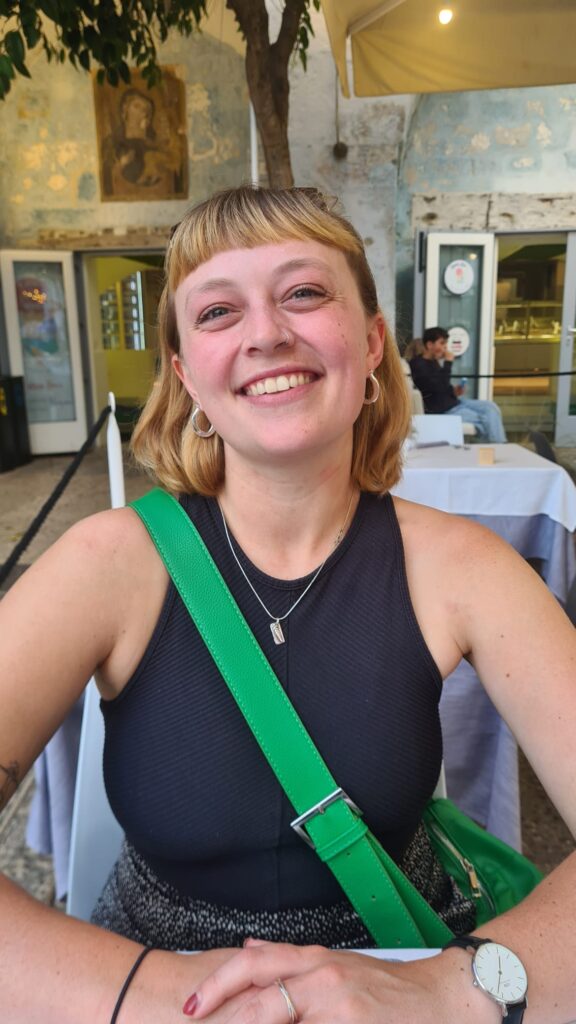
Charlotte is funded by the Life Sciences Departmental Studentships program at Imperial College London. Charlotte is studying fungal ecology in coastal marine systems and how fungi can be used to monitor environmental change. She completed her undergraduate in Marine Biology at the University of Plymouth and then completed her MPhil at the University of Derby. During her undergraduate and masters she focused on coral-microbial symbiotic relationships, where she found her interest in marine fungi. Alongside this Charlotte has completed internships at the University of Guam and San Francisco State University.
Amelia Newman; PhD student
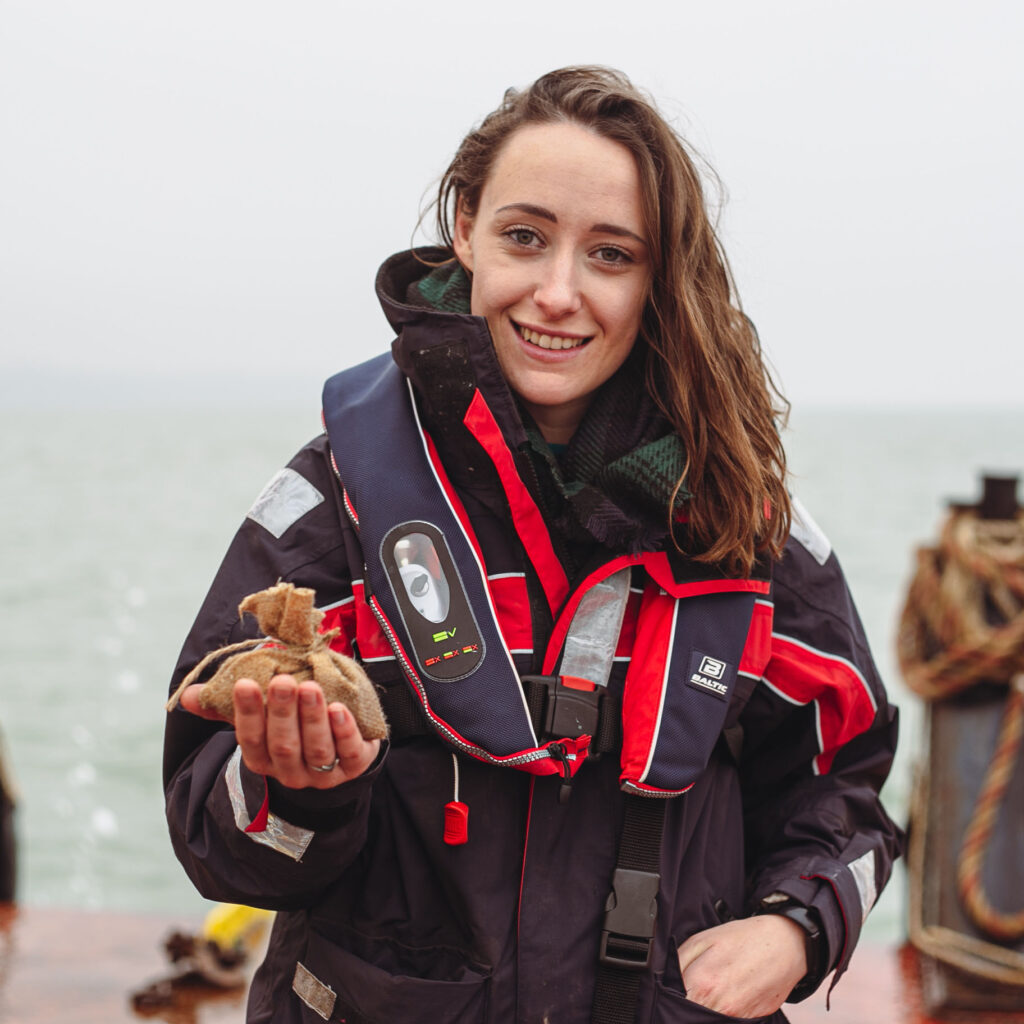
Amelia is on the Science and Solutions for a Changing Planet DTP with Ocean Conservation Trust as a CASE partner and is based at based at Imperial College London. Her research focuses on enhancing seagrass restoration using ex situ propagation techniques. Previously she was the Seagrass Aquaculture Technician Lead at Ocean Conservation Trust. Amelia is co-supervised by Prof Mike Sweet (University of Derby) and Dr Chris Yesson (ZSL).
Luke Herring; PhD student
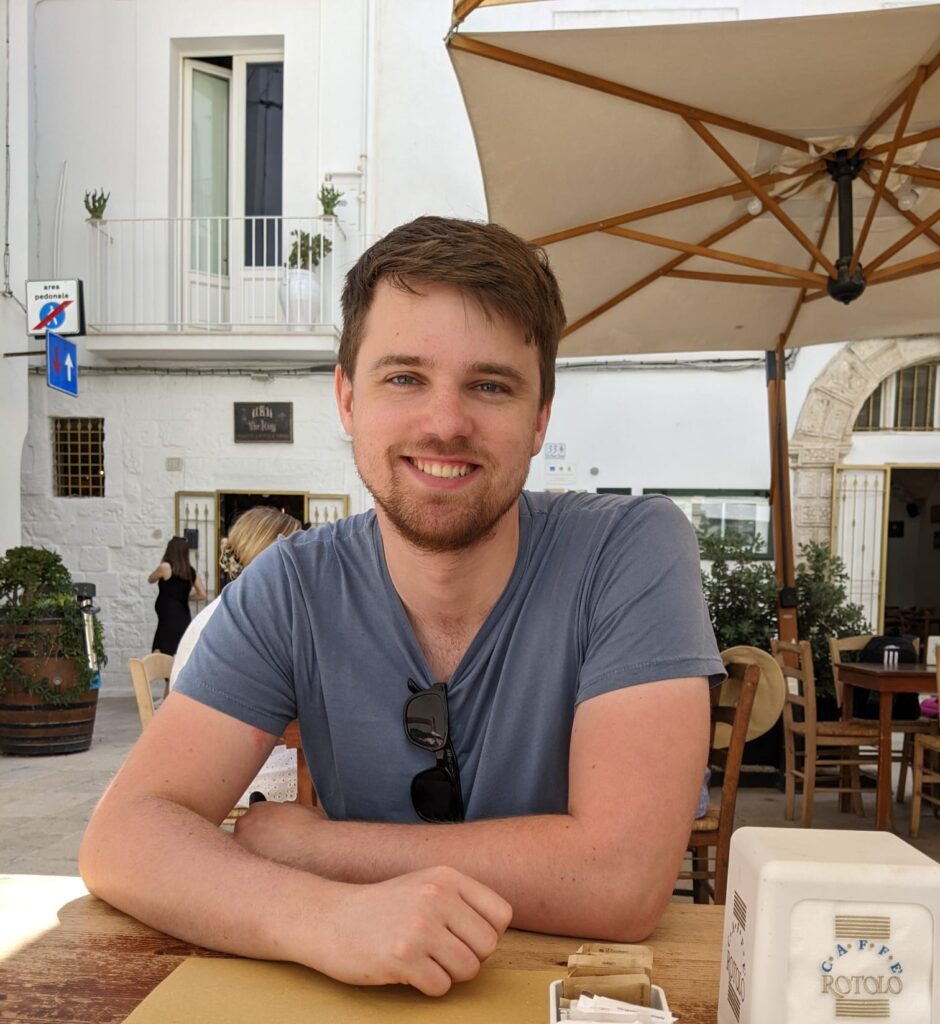
Luke is funded by the Leverhulme Centre for the Holobiont. He is using metagenomics and metabolomics to decipher the impacts of anthropogenic stressors on host-microbiome relationships in the coral reef cryptobiome in the Red Sea, how this affects metabolite diversity and therefore ecosystem functioning. Luke graduated with a BSc in Zoology from the University of Derby and an MRes in Marine Biology from the University of Plymouth. He has worked as a coral husbandry technician on ex situ coral spawning and as a laboratory technician in commercial eDNA. Luke is an aspiring reef keeper with interests including scuba diving, baking and volunteering at public zoos and aquariums. He is co-supervised by Dr Marc-Emmanuel Dumas (Imperial), Dr Chris Bowler (Institut de Biologie de l’Ecole Normale Supérieure, Paris) and Dr Susana Carvalho (KAUST, Saudi Arabia).
Lab alumni
Dr Margaux Steyaert; Postdoc (and former PhD student)
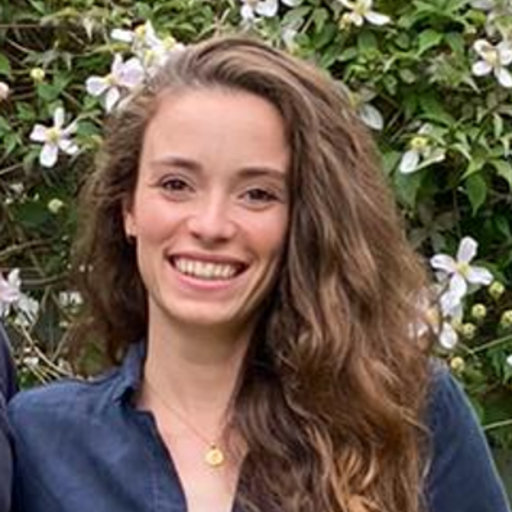
Margaux finished her PhD at the University of Oxford and Imperial College London in 2023. For her PhD, she used artificial reef devices to collect genetic samples and images of cryptobenthic organisms, with the aim to increase our knowledge of these under-studied communities. Margaux then joined the lab as a Postdoc, researching the diversity and drivers of coral reef benthic communities in an exciting international project called FutureReef. She is now employed as a Teaching Fellow at Imperial College London.
Rosie Dowell; PhD student

Rosie was on the Science and Solutions for a Changing Planet DTP with NatureMetrics as a CASE partner and was based at Imperial College London and the Institute of Zoology (ZSL). Her research focused on developing and applying environmental DNA (eDNA) methods to assess biodiversity patterns and drivers in the Chagos Archipelago, Western Indian Ocean. Rosie passed her PhD viva in 2024 and has since taken up a Postdoc at the University of Liverpool with Professor Stefano Mariani.
Jake Williams; PhD student
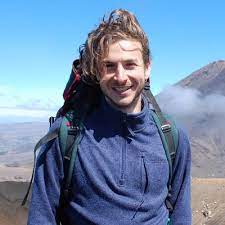
Jake was researching holobiont responses to stress on Pacific coral reefs using next-generation biomonitoring techniques (metabarcoding and metabolomics). He was based at Imperial College London and was funded by the Quantitative Methods in Ecology and Evolution Center for Doctoral Training (QMEE CDT). Jake passed his PhD viva in 2024 and has since taken up a Postdoc at the Zoological Society of London (ZSL) with Dr Nathalie Pettorelli.
Yilan Aolei; Research Assistant
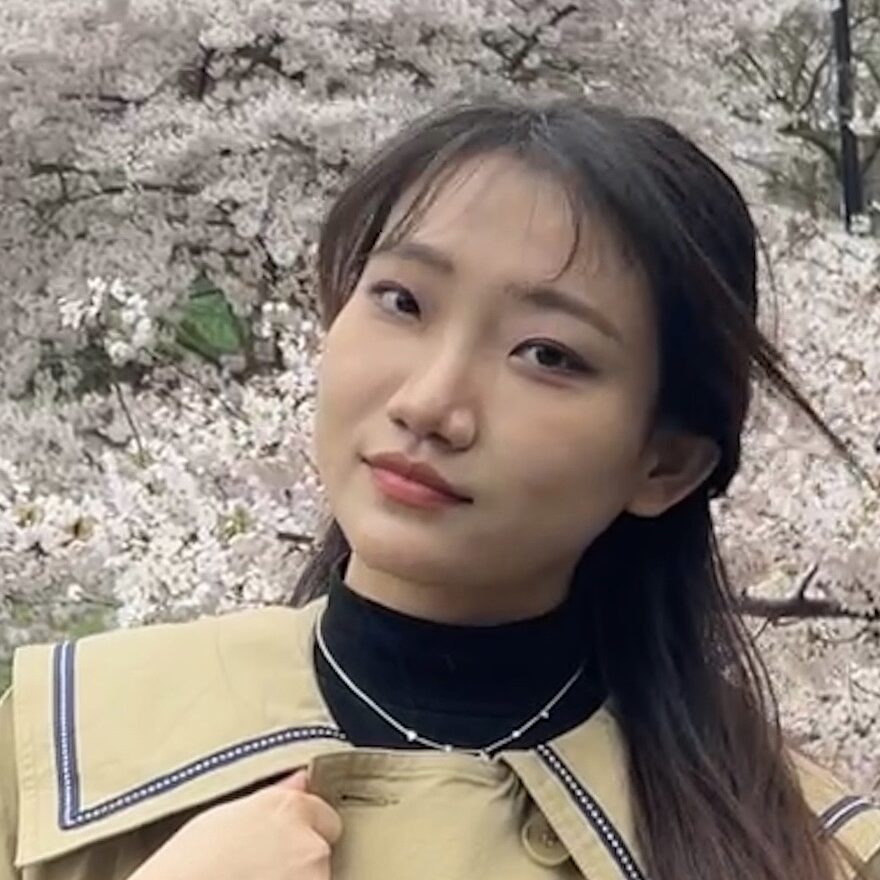
Yilan was researching phage ecology, in particular the effect of environmental stressors on virus persistence and bacteriophage interactions. Yilan graduated with an MSc in Ecology, Evolution and Conservation from Imperial College London in 2023. Yilan is now working for a Biosciences company in the Netherlands.
Laura Bachmaier; Research Assistant
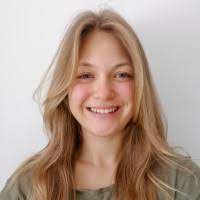
Laura was researching blue carbon dynamics in seagrass ecosystems with a focus on high carbon sites along the UK coast. Laura was a recent MSc graduate from Imperial College London’s Ecology, Evolution and Conservation course and has now started a PhD at the University of Plymouth.
Faye Hobbs; Technician
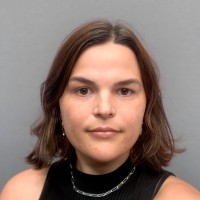
Faye was researching coronaviruses and bacteriophage, in particular the effect of environmental stressors on virus persistence and bacteriophage interactions. She was based at Imperial College London and obtained her bachelor’s degree in Biochemistry at the University of Surrey in 2020.
Dr Scott Jones; Postdoc
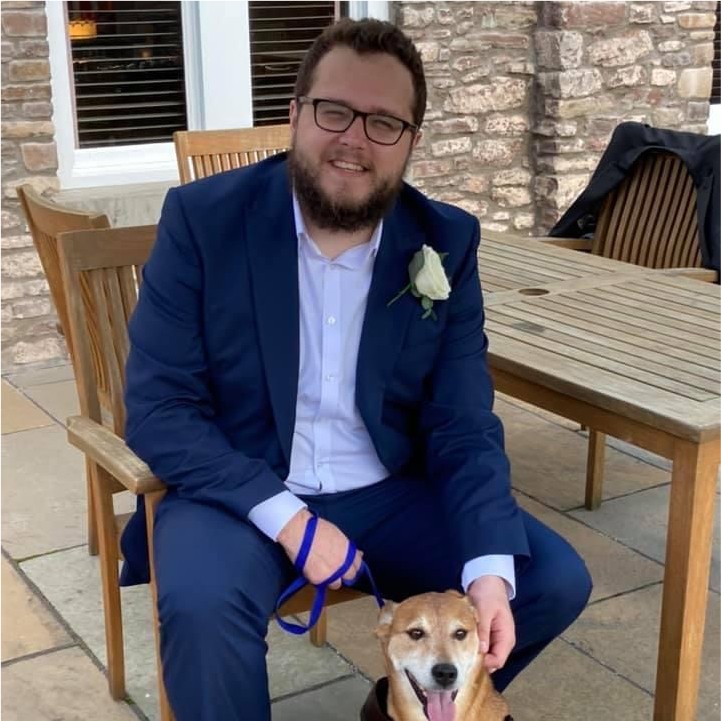
Scott is a virologist with a particular interest in genetic variation and viral detection. He has a PhD from the University of Nottingham and a Masters from the Royal Veterinary College, University of London. Scott’s work involved testing novel methods for pathogen detection in wastewater.
Dr Tom Smith; Postdoc
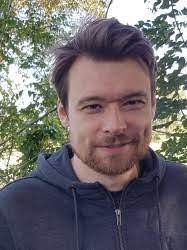
Tom is a microbial ecologist, broadly interested in how organisms, populations and communities respond and adapt to changing environments. Please find more details on his webpage here. Tom’s work involved investigating the potential of temperate seagrass beds as a carbon offsetting tool.